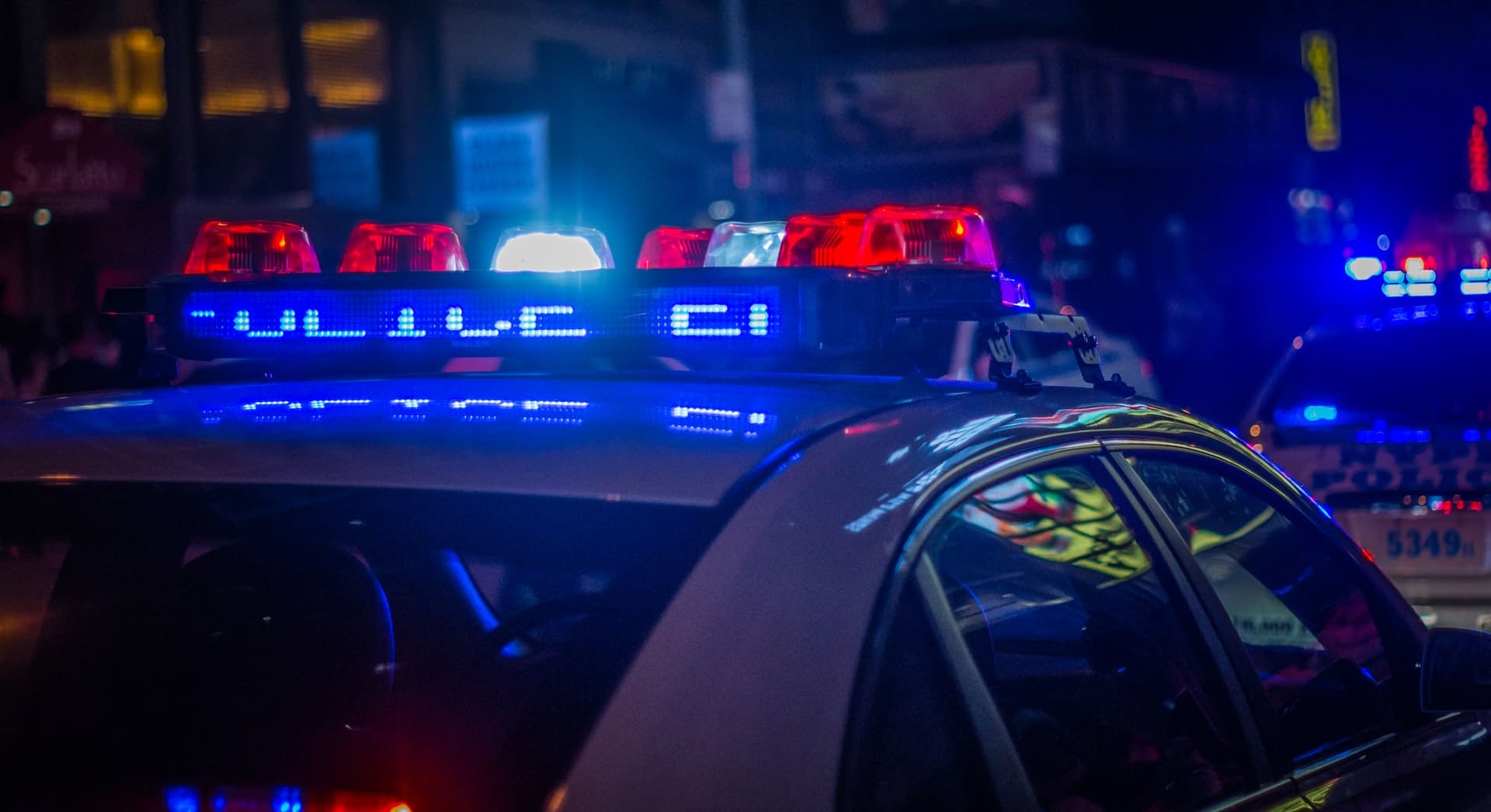
09 May Are DUI Checkpoints Unconstitutional?
Arizona has some dangerously high statistics when it comes to drunk driving. About 1.7% of all Arizona residents have admitted to driving after drinking too much alcohol. And between 2020 and 2021, over 2,200 people in Arizona died in vehicle crashes involving a drunk driver.
Police officers started running DUI checkpoints in an effort to lower these statistics. DUI checkpoints are legal in Arizona, and if you’re ever stopped and questioned it’s important to know your rights. Let’s talk more about what happens at DUI checkpoint, and whether DUI checkpoints are unconstitutional or not.
What is a DUI checkpoint?
A DUI checkpoint—also called a sobriety checkpoint or DUI roadblock—permits police officers to stop drivers and search their vehicles for signs of alcohol or drug use. Officers set up these checkpoints in random locations that change throughout the month. They are most frequently used on popular holiday weekends, when there might be a larger amount of intoxicated drivers on the road.
As drivers approach the roadblock, officers use a predetermined count to randomly pull them over. For example, they may pull over the fourth car to come through, or the tenth. When they pull a driver over, they will ask certain questions to check for signs of intoxication. They might also ask the driver to exit their vehicle and perform field sobriety tests, such as walking and balancing tests, or a breath alcohol test. Failing any of these tests can result in an arrest.
Are DUI checkpoints legal?
Yes, DUI checkpoints are legal in the District of Columbia and 38 states, and Arizona is one of them. Because DUI checkpoints are legal in Arizona, it is important to know your rights. Here are some tips to make sure officers do not violate your Constitutional rights if you ever get stopped at a DUI checkpoint.
Stay Calm and Be Serious
When approaching a DUI checkpoint, drive slowly and follow any directions the officers give you. Prepare your driving documents—including your driver’s license—when an officer asks you for them. Make sure you and your passengers take the roadblock seriously—turn off any music and keep conversation to a minimum. Always be courteous and respectful to police officers.
If Turning Around, Do So Carefully
While it is not illegal to turn around rather than go through a DUI checkpoint, you need to do it cautiously. Making an illegal or unsafe U-turn outside of a sobriety checkpoint may give the officers cause to pursue you. However, if you are able to safely and legally turn into a parking lot or a side street, then they should have no probable cause for coming after you.
Keep Your Answers Short or Silent
Officers may question you about where you are coming from and where you are going. They may also ask if you had any alcoholic drinks that evening. Whatever questions the officers ask, restrict your answers to yes and no responses as much as possible. You may also invoke your Fifth Amendment rights against self-incrimination and stay silent.
Decline Vehicle Searches
When stopped and pulled over at a DUI checkpoint, an officer may ask if they can search your car. Under your Fourth Amendment rights, you can decline a warrantless search of your vehicle. Unless they have probable cause—for example, if they can clearly see empty beer bottles in your vehicle—they may not search it without a warrant.
Refuse Breath Alcohol and Field Sobriety Tests
If you feel it is in your best interest, you may also decline to take a breath alcohol test or field sobriety test. It is important to note Arizona is an “implied consent” state. When you obtained an Arizona driver’s license, you automatically agreed to submit to any breath, urine, or blood testing a police officer might request. If you wish to decline, your best course of action is to contact your attorney before submitting to a breath alcohol test.
DUI Lawyer in Phoenix
Even if you and your passengers are 100% sober and have nothing to worry about, seeing the lights of a DUI checkpoint can be stressful. And even if you are completely innocent, sometimes your flight-or-fight instincts take over and you might end up saying or doing the wrong thing.
When you have to pass through a sobriety checkpoint, your best course of action is to stay calm, stay respectful, and request legal counsel if you have any doubts. If you have further questions regarding DUI checkpoints and your legal rights, contact certified criminal law specialist Todd Coolidge today. Call 602-795-0770 for our Phoenix office, or 480-264-5111 in Chandler.
Photo by Michael Förtsch on Unsplash


